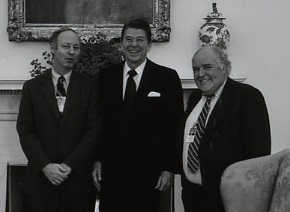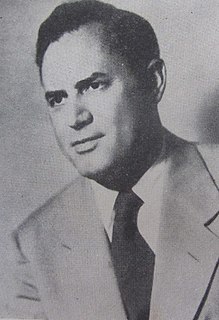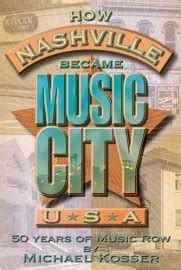A Quote by Umberto Eco
A newspaper can follow the compulsions, the desires of the readers. Take the English evening newspapers - they are following the readers' desires when they are interested only in the royal family gossip. But even the most objective, serious newspaper in the world designs the way in which the reader could or should think. That's unavoidable.
Related Quotes
Chats are so new to newspapers, historically. But they're so incredibly valuable because editors/reporters/columnists get to find out what's on the minds of our readers, what you think we should be writing about, what ticks you off, what makes you happy. Sometimes it can confirm what you think readers are interested in; sometimes it can turn you around 180 degrees.
Every day or two, I strolled to the village to hear some of the gossip which is incessantly going on there, circulating either from mouth to mouth, or from newspaper to newspaper, and which, taken in homeopathic doses, was really as refreshing in its way as the rustle of leaves and the peeping of frogs.
In the West, there's a myth that freedom means free expression-that to follow all desires wherever they take one is true freedom. In fact, as one serves the mind, one sees that following desires, attractions, and repulsions is not at all freedom, but is a kind of bondage. A mind filled with desires and grasping inevitably entails great suffering. Freedom is not to be gained through the ability to perform certain external actions. True freedom is an inward state of being. Once it is attained, no situation in the world can bind one or limit one's freedom.
Legislators who are of even average intelligence stand out among their colleagues. . . . A cultured college president has become as much a rarity as a literate newspaper publisher. A financier interested in economics is as exceptional as a labor leader interested in the labor movement. For the most part our leaders are merely following out in front; they [only] marshal us in the way that we are going.
[The web] is going to end up being a tremendous advantage, providing we can work out the financial structure. I think we’ll see newspapers survive, being printed at home... Or you’ll have a local print shop, so that rather than waiting for the newspapers to arrive by truck, which is 30 percent at least of a newspaper’s cost, you’ll go in and push a button, and it will take your dollar bills without anyone having to be there. And it will print the newspaper for you while you wait. It will take seven minutes. There’s a terrific future for print in my view and it gives me great heart.
I have a total responsibility to the reader. The reader has to trust me and never feel betrayed. There's a double standard between writers and readers. Readers can be unfaithful to writers anytime they like, but writers must never ever be unfaithful to the readers. And it's appropriate, because the writer is getting paid and the reader isn't.
A reader is entitled to believe what he or she believes is consonant with the facts of the book. It is not unusual that readers take away something that is spiritually at variance from what I myself experienced. That's not to say readers make up the book they want. We all have to agree on the facts. But readers bring their histories and all sets of longings. A book will pluck the strings of those longings differently among different readers.
I was sorry to see the News of the World go down, I think it was a great campaigning newspaper. Who can forget the News of the World's high profile campaign against child sex offenders which led to News of the World readers burning down the home of a paediatrician, throwing rocks at a pedalo, stamping on a centipede.
Especially on Broadway, composers and lyricists fretted over their creations, obsessed over every rhyme, every critical chord or interval. The stakes were so high. On Broadway, people were watching and judging, especially newspaper critics who knew a thousand ways to slice and dice a songwriter for the entertainment of hundreds of thousands of faithful readers. There was no anonymity for the Broadway songwriter. Even the best could find themselves stripped naked the morning after by the tastemakers and their readers.







































